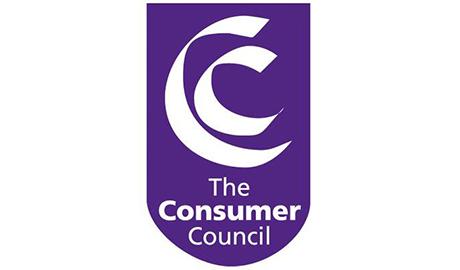The Consumer Council’s Top Christmas Travel Tips
Managing Your Money / TransportMany people will be preparing to travel this Christmas, whether it is going home for the holidays or celebrating in a different country. To help the journey go as smoothly as possible, the Consumer Council is helping Northern Ireland consumers prepare for their journeys with its Top Travel Tips.
Richard Williams, Head of Transport at the Consumer Council, said: “As demand continues to increase for air travel, travellers will be hoping that the problems encountered in the recent past, such as cancelled flights and passport delays, do not occur this Christmas. However, there are things you can do yourself to help your travel plans go as smoothly as possible. Our Top Travel Tips will help you prepare in advance for a hassle-free trip without unnecessary additional expense.”
The Consumer Council’s Top Travel Tips:
- Check your passport is valid – Apply well in advance if you need a new passport and always check requirements before booking your tickets as the length of time required on your passport’s validity depends on the country you are visiting.
- Check the latest travel requirements before you travel – Whilst Covid restrictions have mostly been removed, it is wise to check Government guidelines both at home and especially at your destination.
- Be flexible when you book – Consider flexible airfares and accommodation with a cancellation option. They may be a little more expensive but could save you money if you are forced to cancel your trip for personal reasons.
- Know your rights – Brush up on your consumer rights when it comes to delayed or cancelled flights or sailings. You may be entitled to a refund and compensation.
- Get travel insurance – Get your insurance well in advance of travel and make sure it covers your needs, including that it covers you if you are flying or sailing from the Republic of Ireland.
- Leave plenty of time – Allow for unforeseen delays, such as a long queue at security or delayed flights, during your outbound and return journeys.
- Pre-book airport car parking – It will cost less than paying on arrival at the airport.
- Pre-book hold baggage – To avoid additional fees at check-in.
- Check-in online – Doing so in advance of travel will help avoid additional charges.
- Know any hand luggage allowances and restrictions – These vary between airlines and are often strictly enforced.
- Travel light – if possible, only take hand luggage to avoid waiting at luggage carousels and to reduce the potential for luggage to be lost.
- Do not wrap gifts before going to the airport - Security may want to inspect your bag and its contents.
- Pre-book special assistance – If you have a disability or reduced mobility book assistance 48 hours in advance to ensure availability.
- Get a Global Health Insurance Card (GHIC) –- If travelling to EU countries, a GHIC card will give access to health care at a reduced cost or sometimes for free.
- Check communications from the airline – read all emails and texts from your airline and check its website to ensure that your flight is still going as scheduled. Contact the airline immediately to make alternative arrangements if it has been cancelled.
- Shop around for your travel money – To ensure you get the payment method that suits you and the best exchange rate.
- Check public transport timetables – If you are planning to use public transport for any part of your journey, especially around public holidays.
Richard added: “If you are planning to travel by car, especially for longer car journeys, it is important to check over your car in addition to regular servicing. For example, check oil levels, lights, top up wind screen washer fluid, and check tyres for cracks, tread and air pressure”.



































